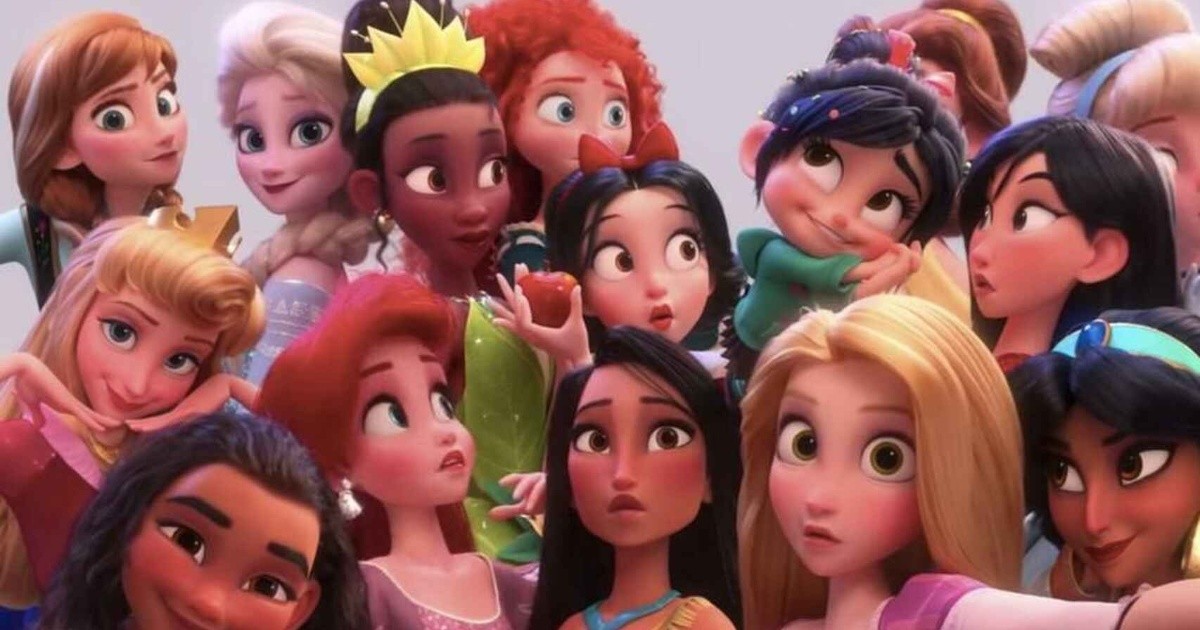
Parents tend to be careful with their children’s consumptions and often turn to each other’s reviews to guide their choices about movies. But a symbol can be more powerful than any internet synopsis: the Disney logo. Acclaimed by adults and children alike, animated films that have Disney princesses as protagonists are the par excellence, positive and enjoyable choice for everyone. But research shows that the culture of these princesses is not as harmless as we think.
A study published in Child Development that assessed how children interacted with Disney products (films, toys, etc.) found that those most involved with this consumption had more stereotypically feminine behavior a year later. These stereotypical behaviors are not bad in themselves, but previous research has shown that they can be limiting long-term for young women; for example, when girls avoid important learning experiences that are not perceived as feminine or believe their opportunities in life are different as women.” We know that girls who adhere firmly to female stereotypes feel they can’t do a few things,” says Sarah M. Coyne, lead author and psychologist at the University of Central Lancashire in England. “They don’t have so much confidence that they can do well in math and science. They also don’t like to get dirty, so they’re less likely to try and experiment with things.” In addition, negative effects on girls are not limited to behaviour. The study also shows that girls with worse body esteem become more involved with Disney princesses over time, perhaps looking for role models of what they consider beautiful.” Disney princesses represent some of the earliest examples of exposure to the slim ideal,” Coyne adds. “As women, we have it throughout our lives, and it really starts at disney princess level, at three and four years old.” However, it is unrealistic to completely disconnect from the culture of princesses or avoid the abundant movies, toys and related products. Instead, they explain in research, parents should foster a wide variety of interests. That is, to participate in all kinds of activities so that princesses are just one of the many things they like to do and engage with. Finally, they emphasize that they should also not be afraid to talk about the good and bad of Disney princess culture: pointing out the positive and negative aspects can help children become more aware of what they see.
"El reclamo puede ser genuino, pero construido sobre una mentira", apuntó el presidente Javier Milei…
El gobernador de la provincia de Buenos Aires, Axel Kicillof, encabezó un acto en Ensenada…
El diputado nacional de La Libertad Avanza, José Luis Espert, expresó su confianza en la…
Tras la masiva reaparición de Cristina Fernández de Kirchner, el presidente Javier Milei apuntó contra…
El principal propósito de la nueva comisión es evaluar los recursos humanos en el Senado,…
En una medida que busca redefinir las condiciones de los seguros de automóviles en Argentina,…
Esta web usa cookies.